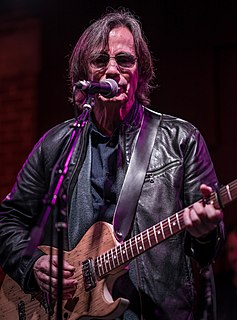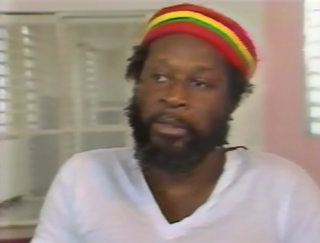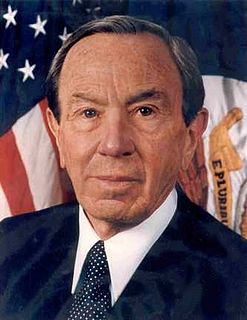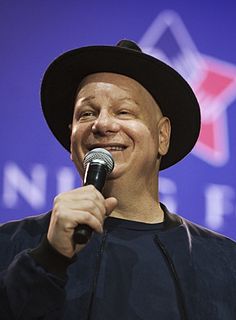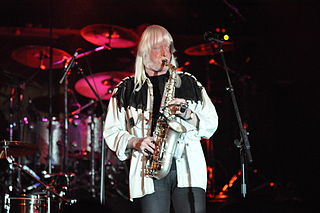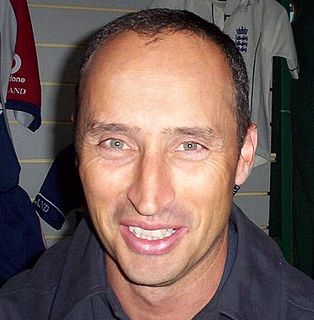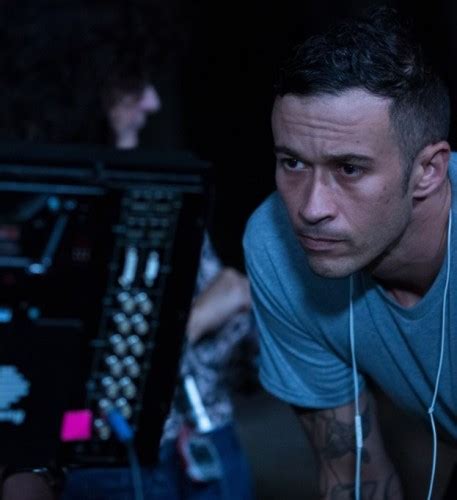A Quote by Desmond Tutu
It was spine tingling, actually, when you saw how people kept saying, "Release Nelson Mandela," and meaning really, "Release all of our political prisoners."
Related Quotes
Even here in America, we felt the cool, refreshing breeze of freedom when Nelson Mandela took the seat of Presidency in his country where formerly he was not even allowed to vote. We were enlarged by tears of pride as we saw Nelson Mandela's former prison guards invited, courteously, by him to watch from the front rows his inauguration.
You are not a helpless victim of your own thoughts, but rather a master of your mind. What do you need to let go of? Take a deep breath, relax, and say to yourself, 'I am willing to let go. I release. I let go. I release all tension. I release all fear. I release all anger. I release all guilt. I release all sadness. I let go of all old limitations. I let go, and I am at peace. I am at peace with myself. I am at peace with the process of life. I am safe.'
Even though it took forever to release a movie, and even though it's a small indie release, the fact that in five years someone will be skipping through Netflix, or Amazon, or whatever and say, "Wow, that was a really cool movie. That was a really great story. Or I was really creeped out, or intrigued by that." You almost kind of forget what it took to get there, or was it in the theaters or not. So that's kind of exciting as a filmmaker. That it doesn't really matter as much the release platform, as much as how can I see it?
When we shot "Cry Freedom," I wasn't even allowed in South Africa. They told me I could come but I wasn't going to leave. I had heavy death threats at that time. So we shot in Zimbabwe. In 1995, I had the privilege and the honor to meet Desmond Tutu and Nelson Mandela the same day: I had breakfast with Desmond Tutu and lunch with Nelson Mandela. Then I had the good fortune to have Mr. Mandela actually come to my house in California. There's been a tremendous amount of change.

